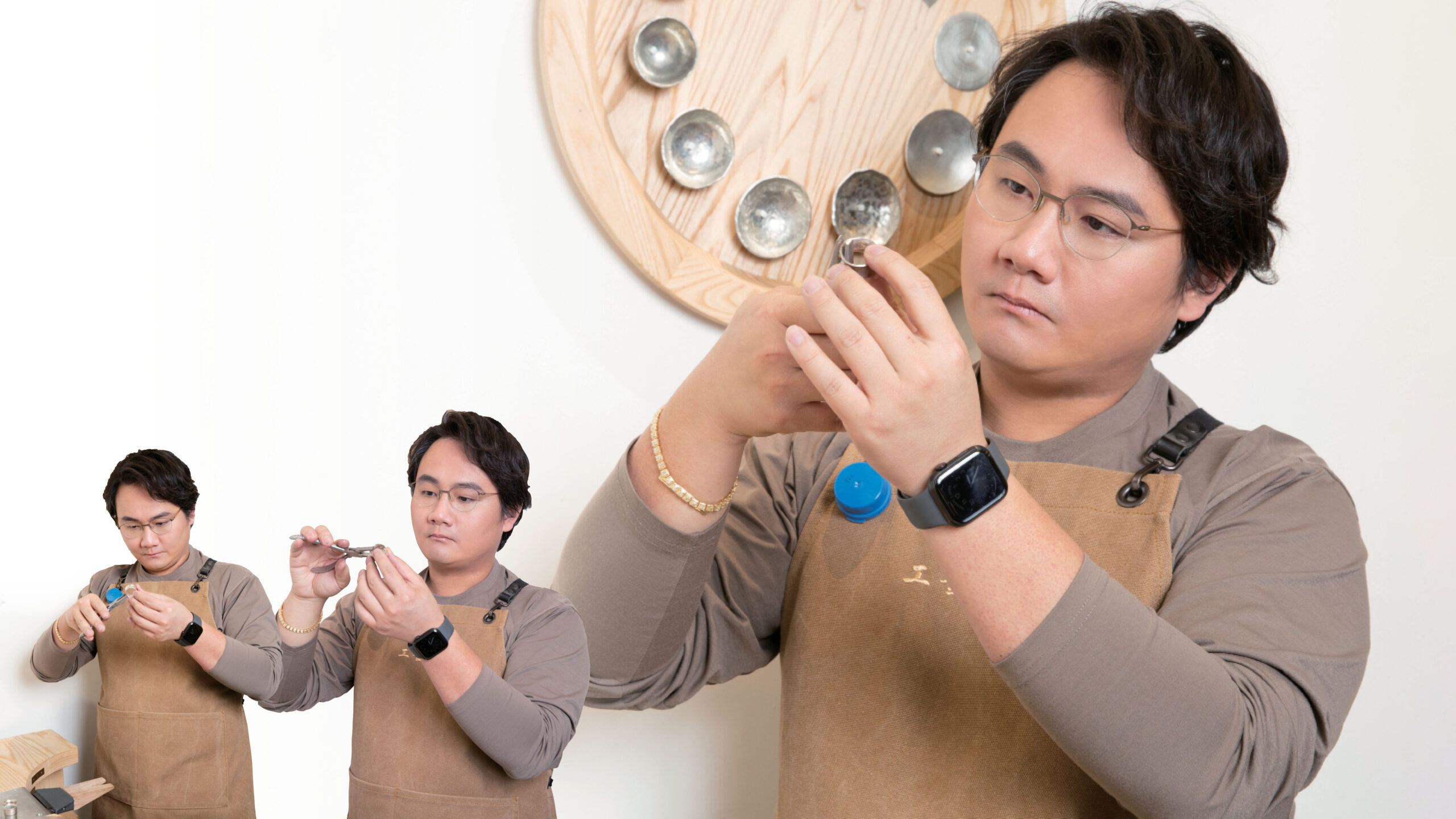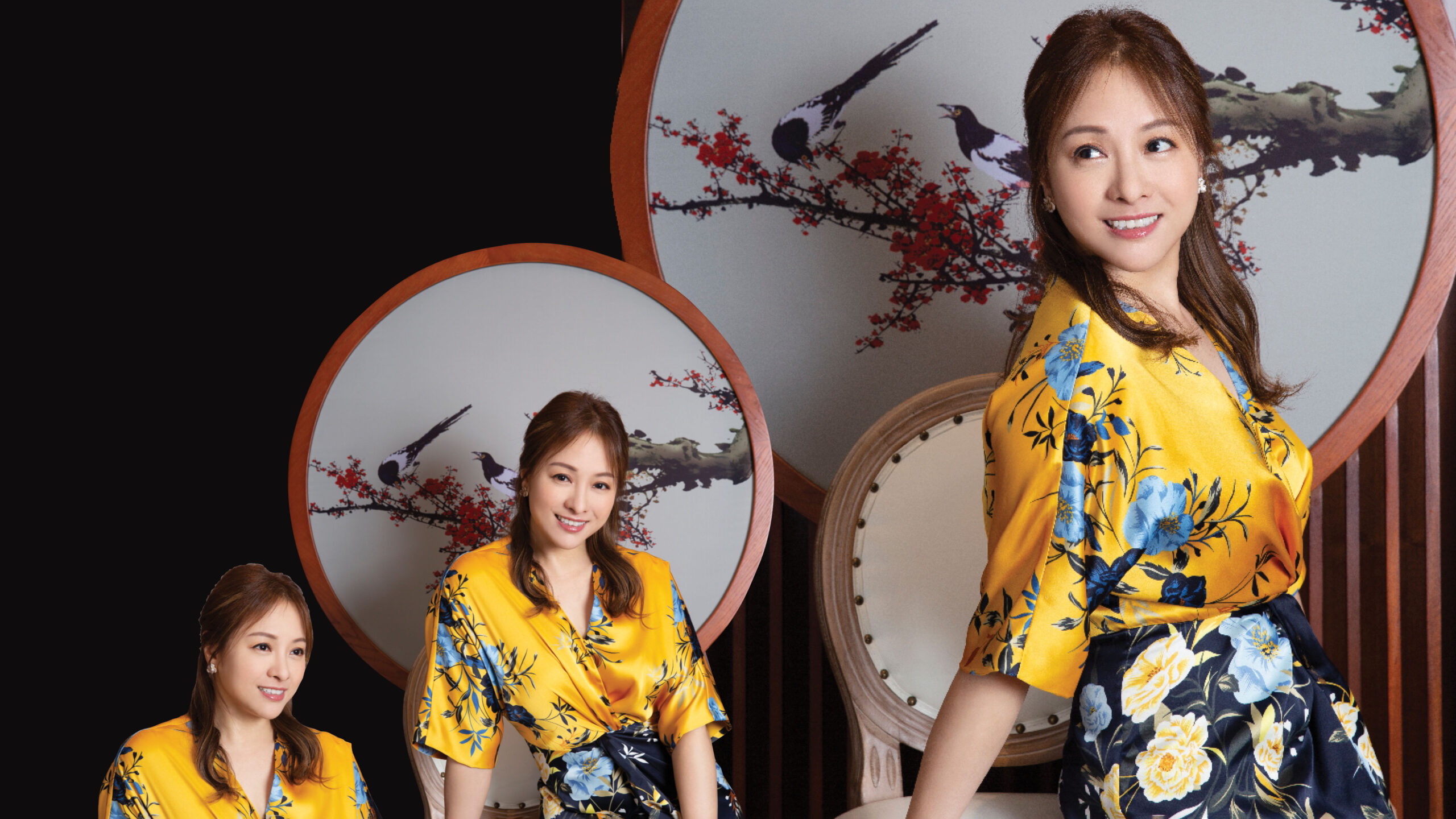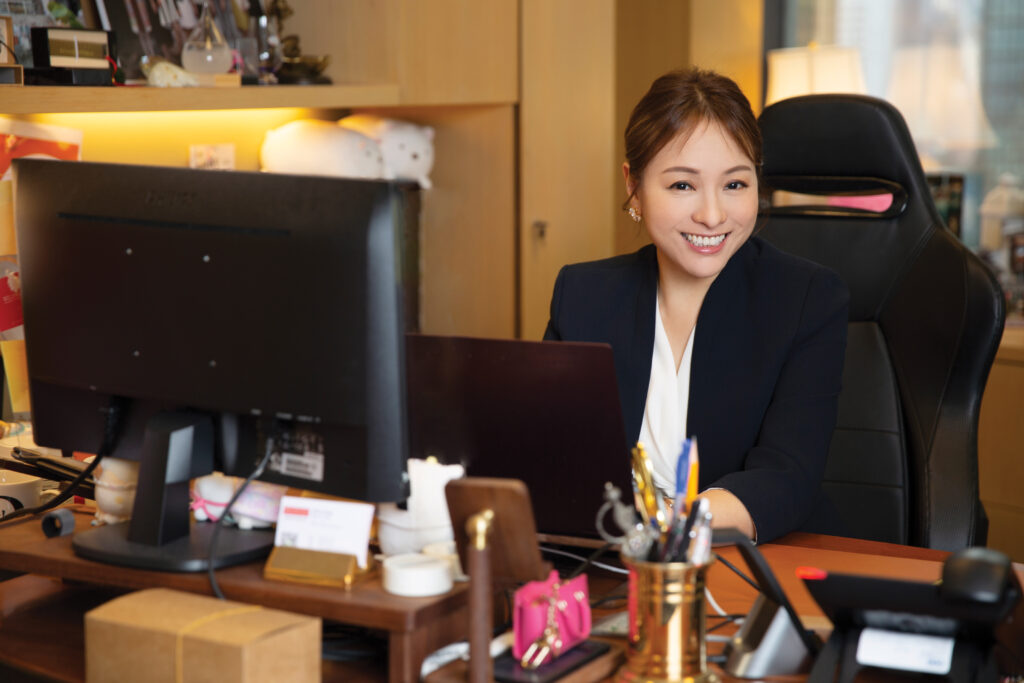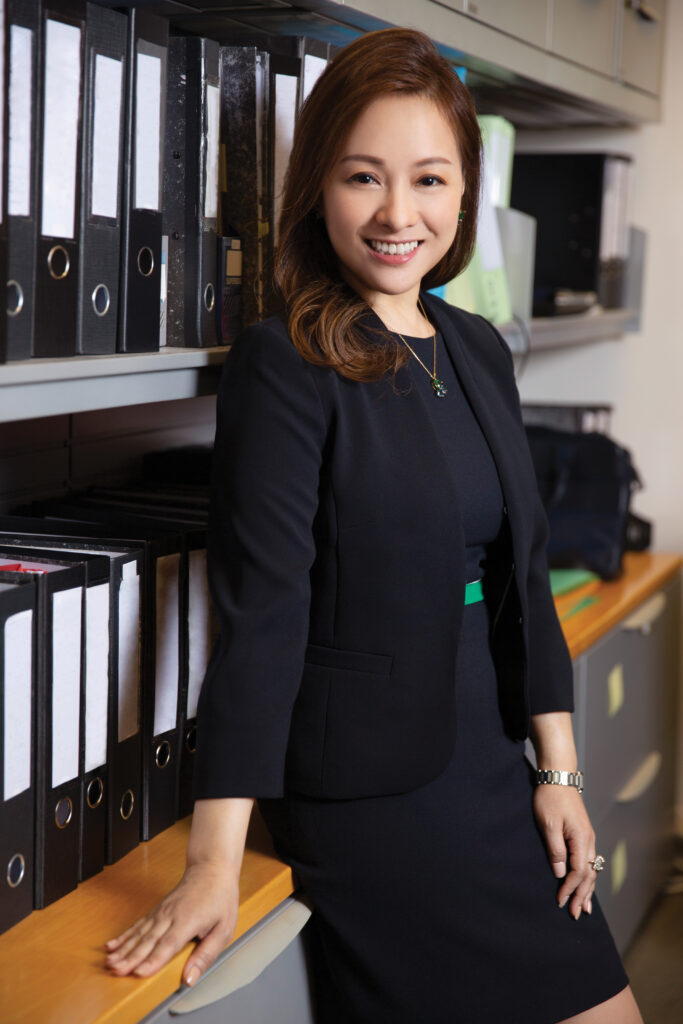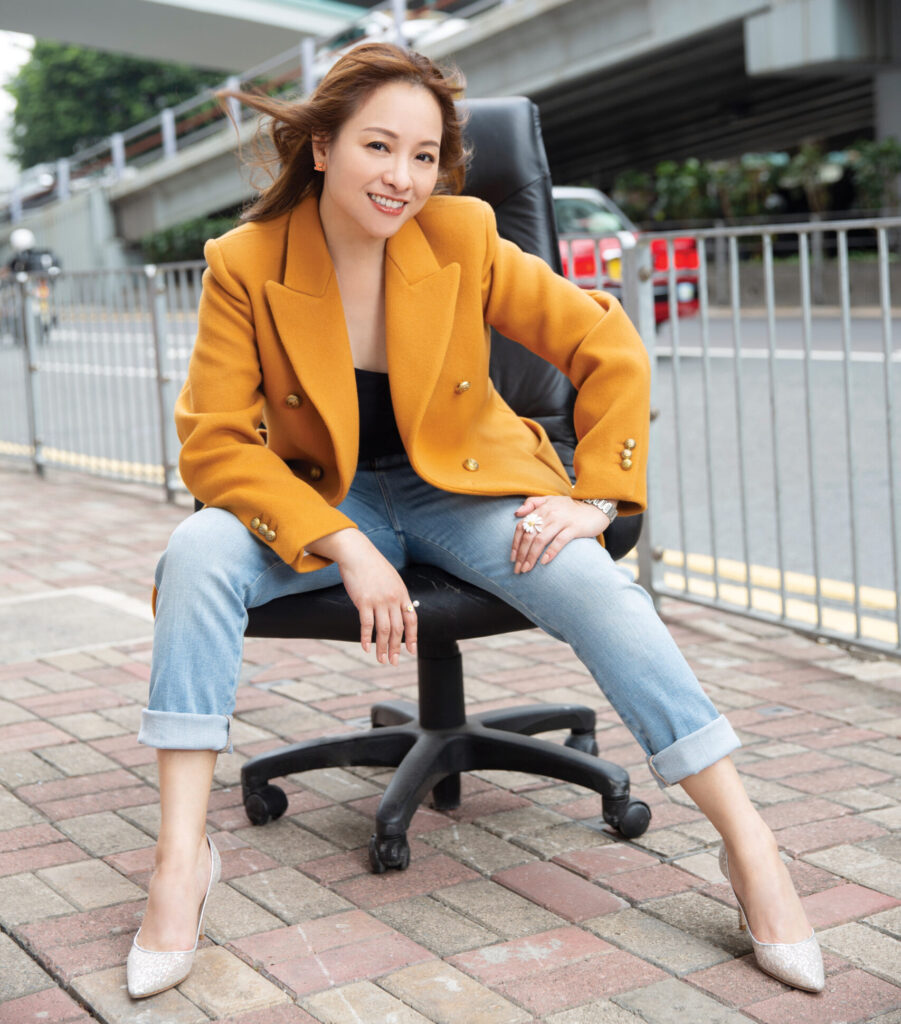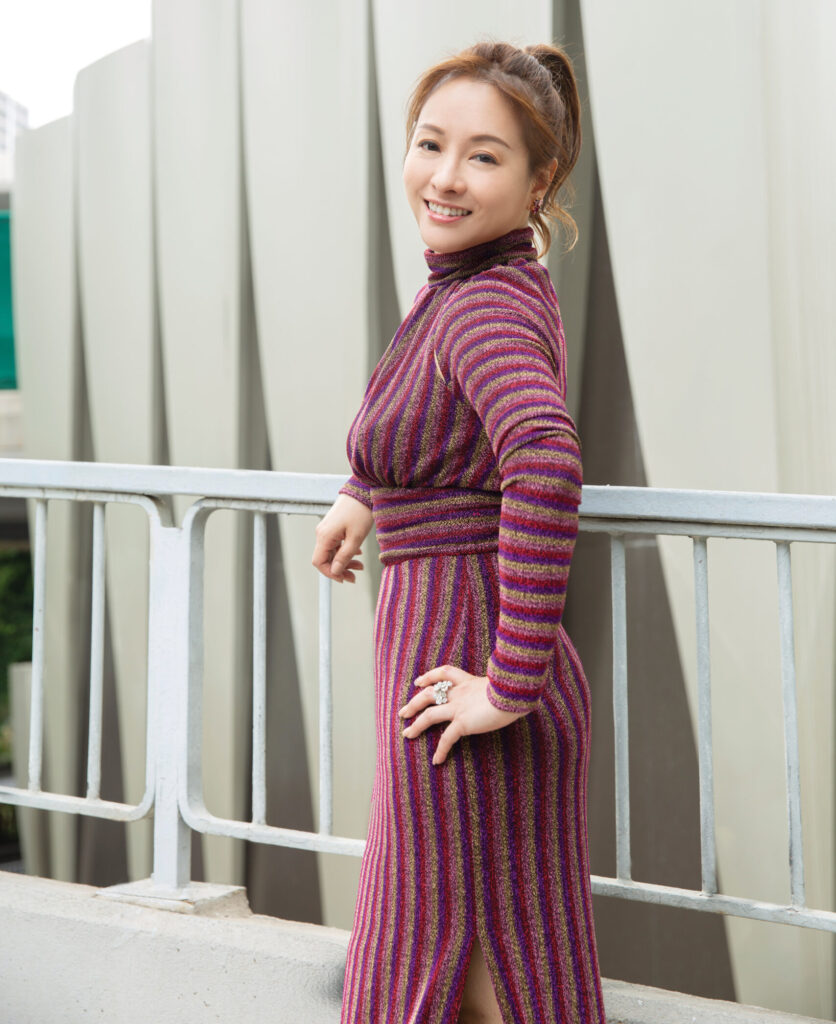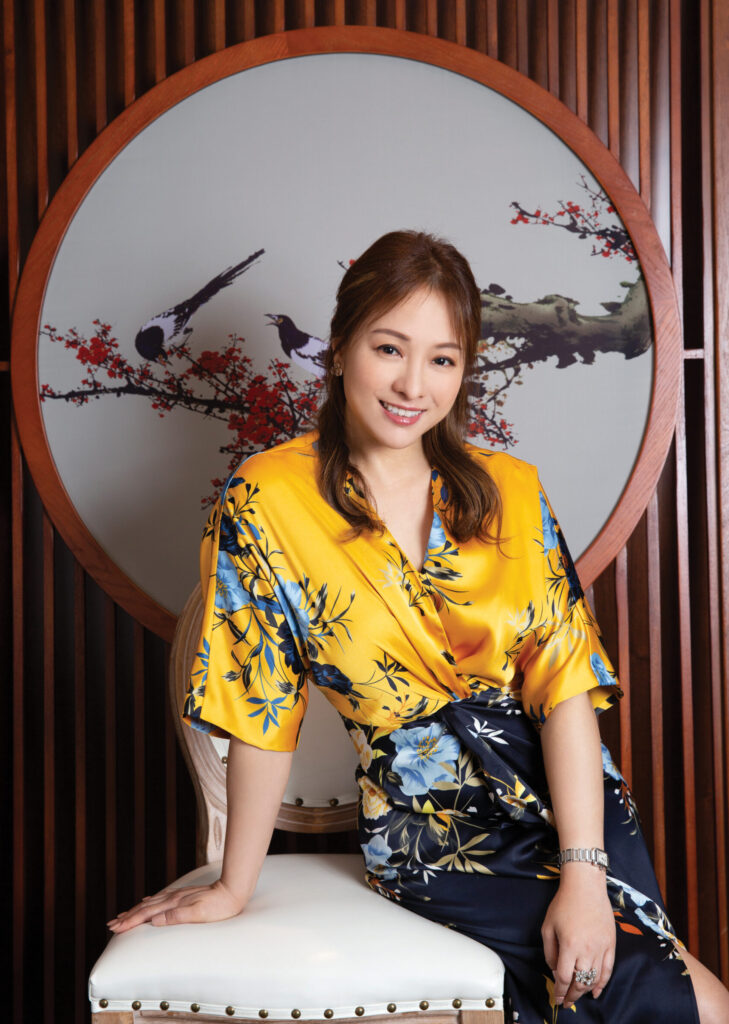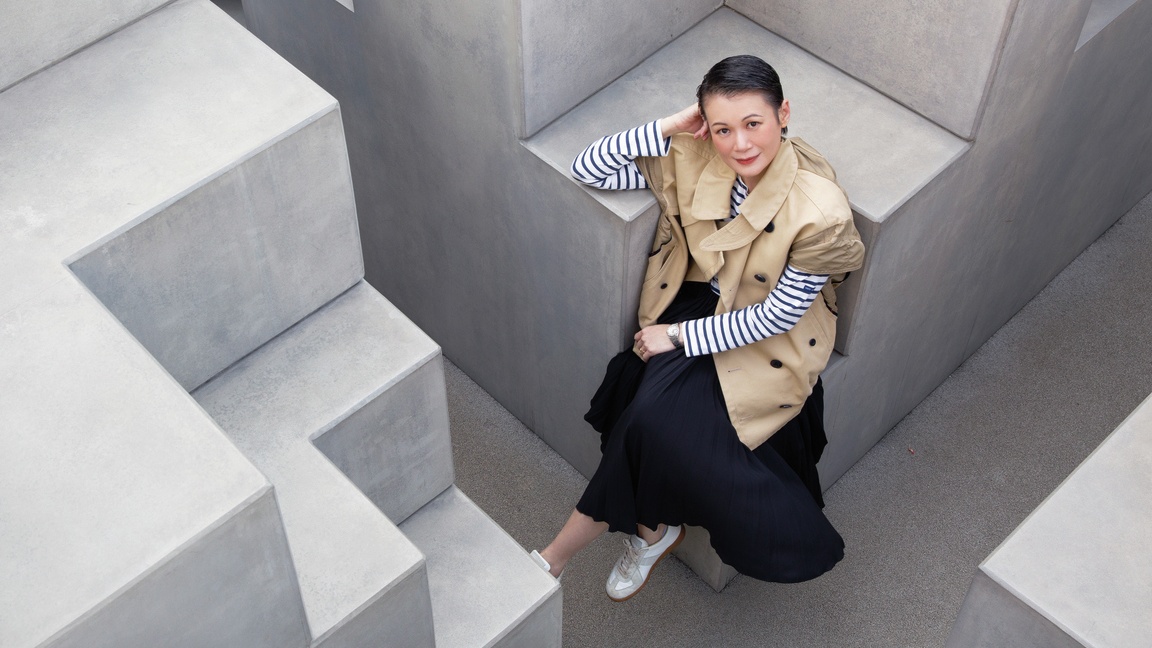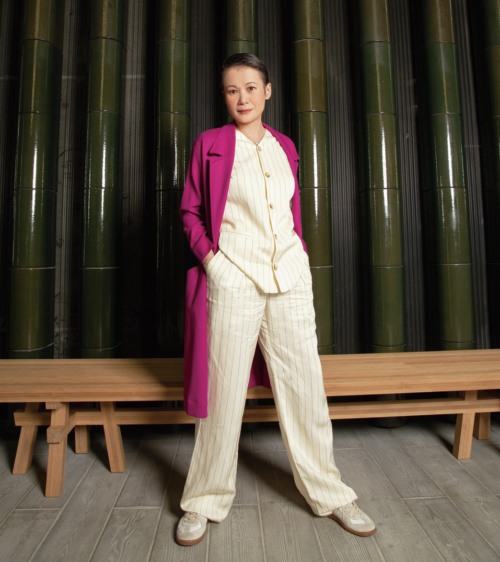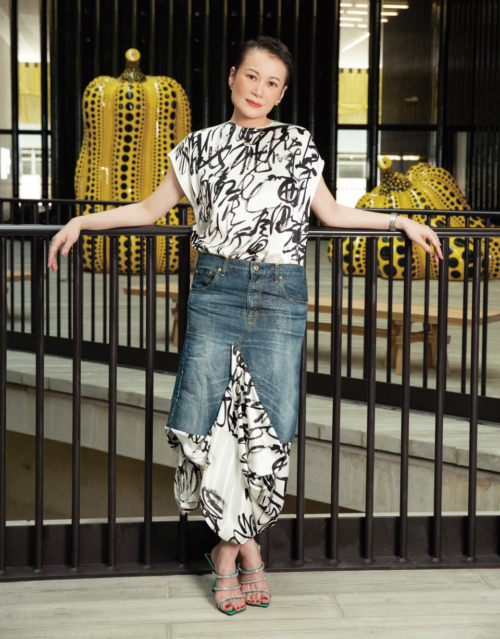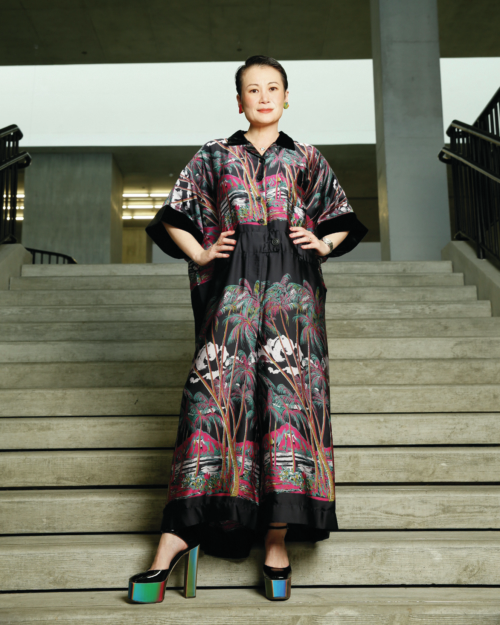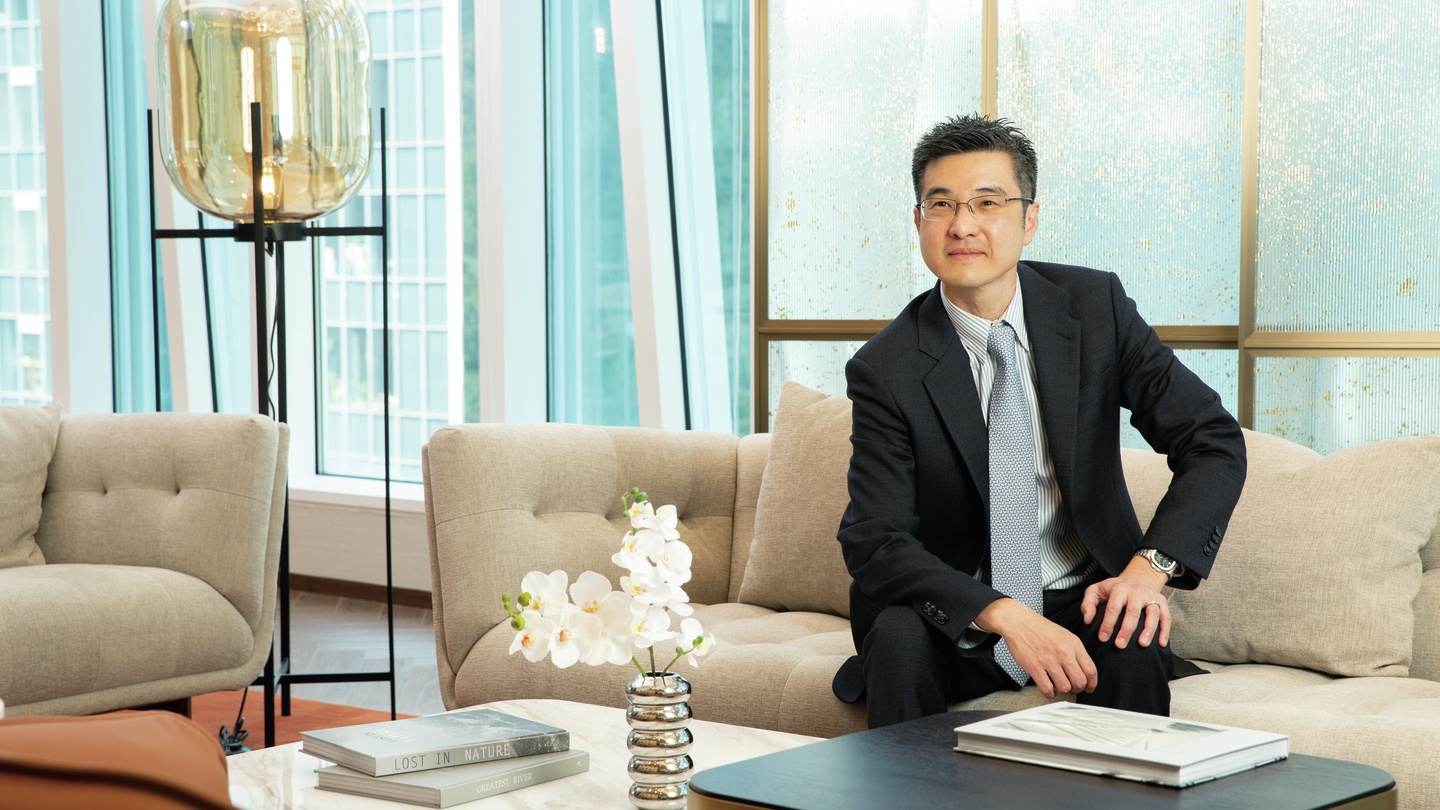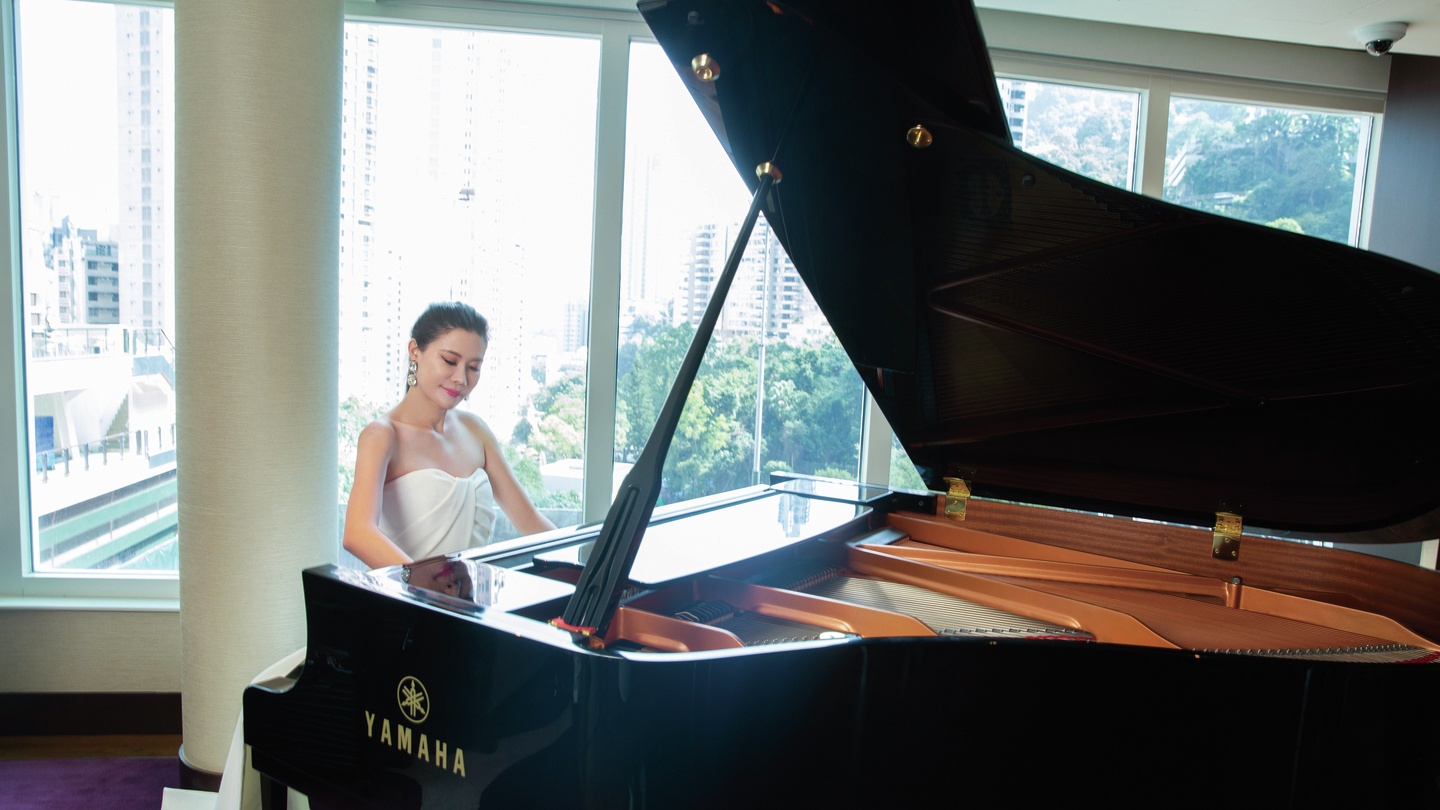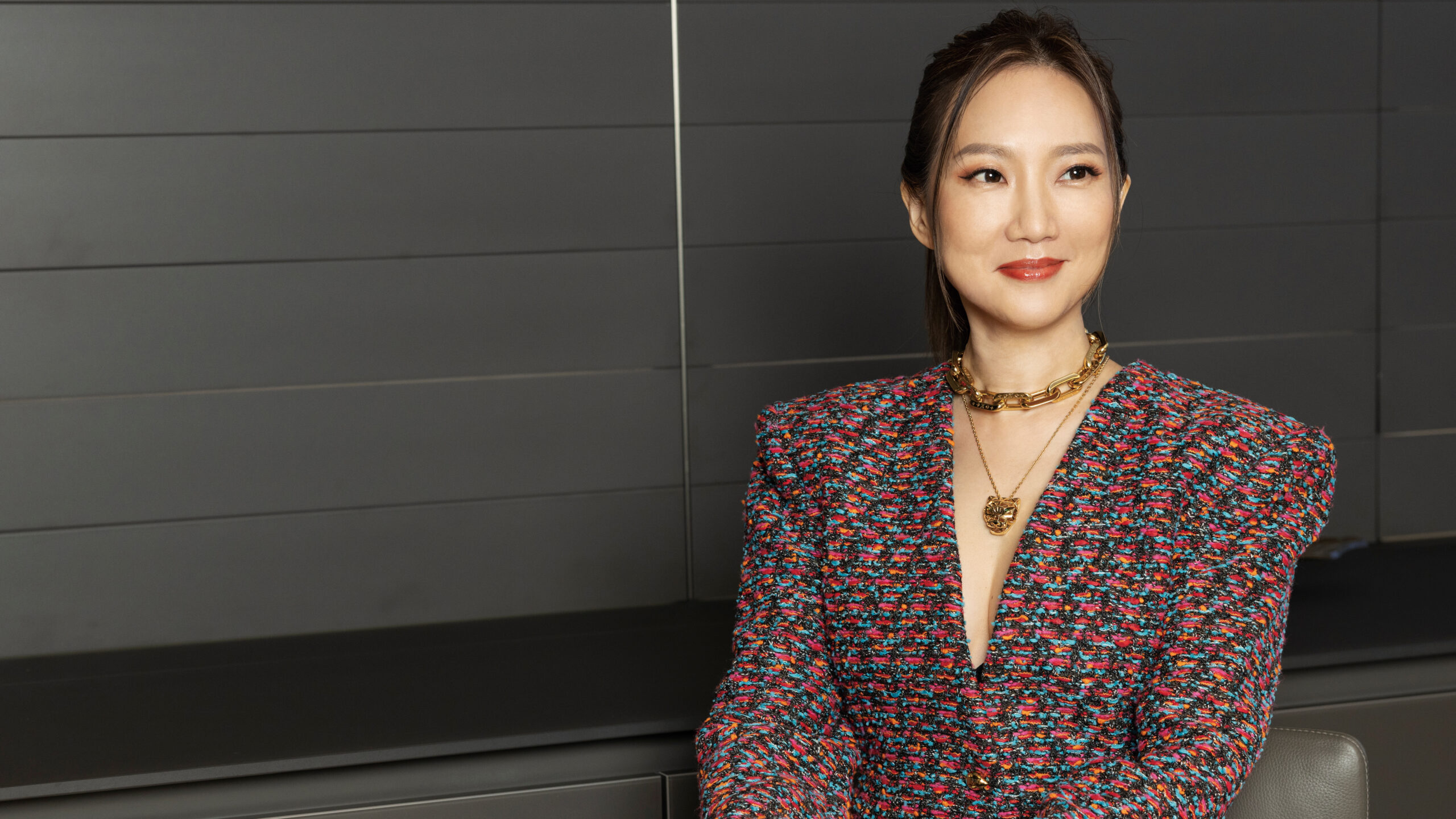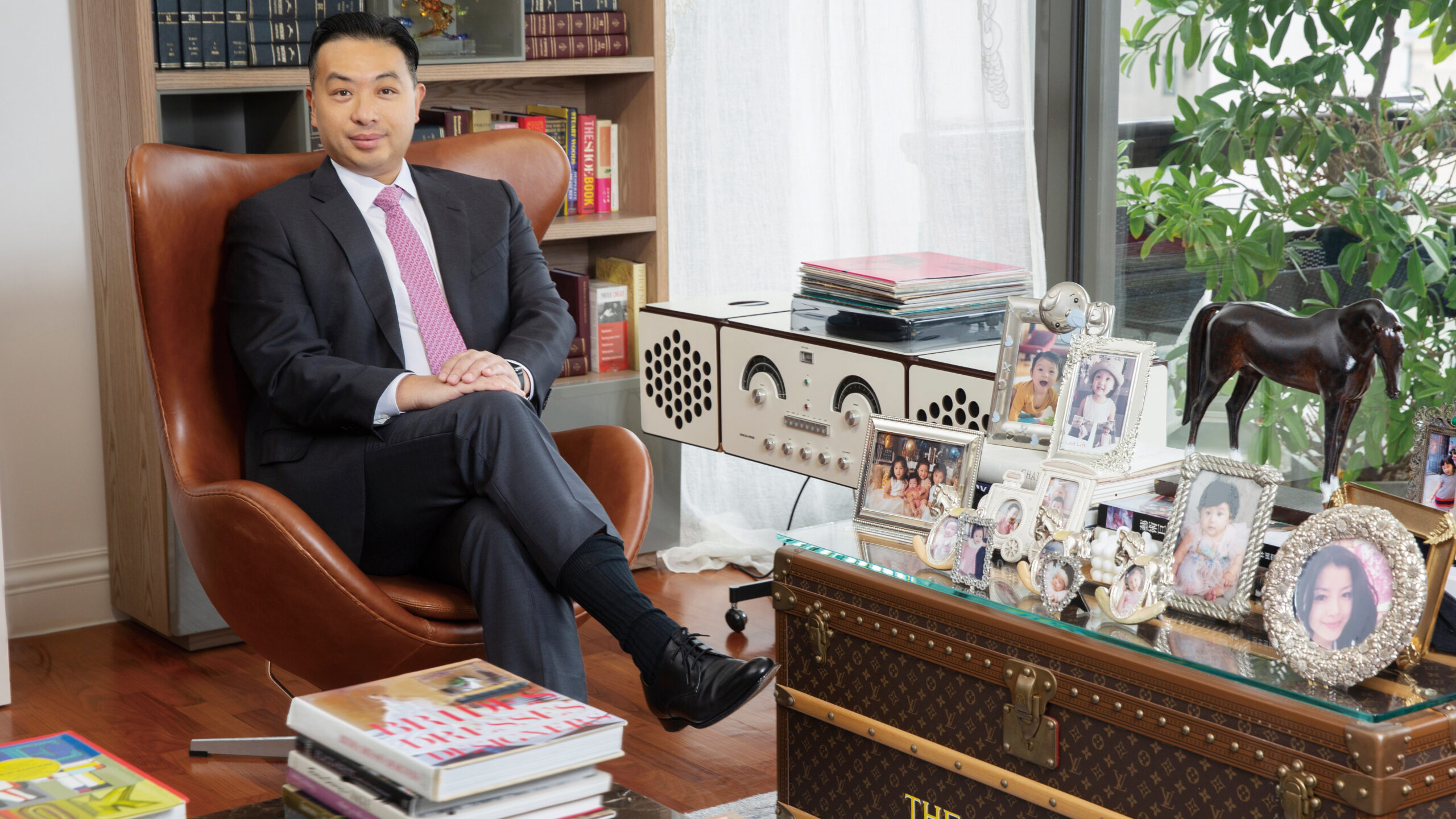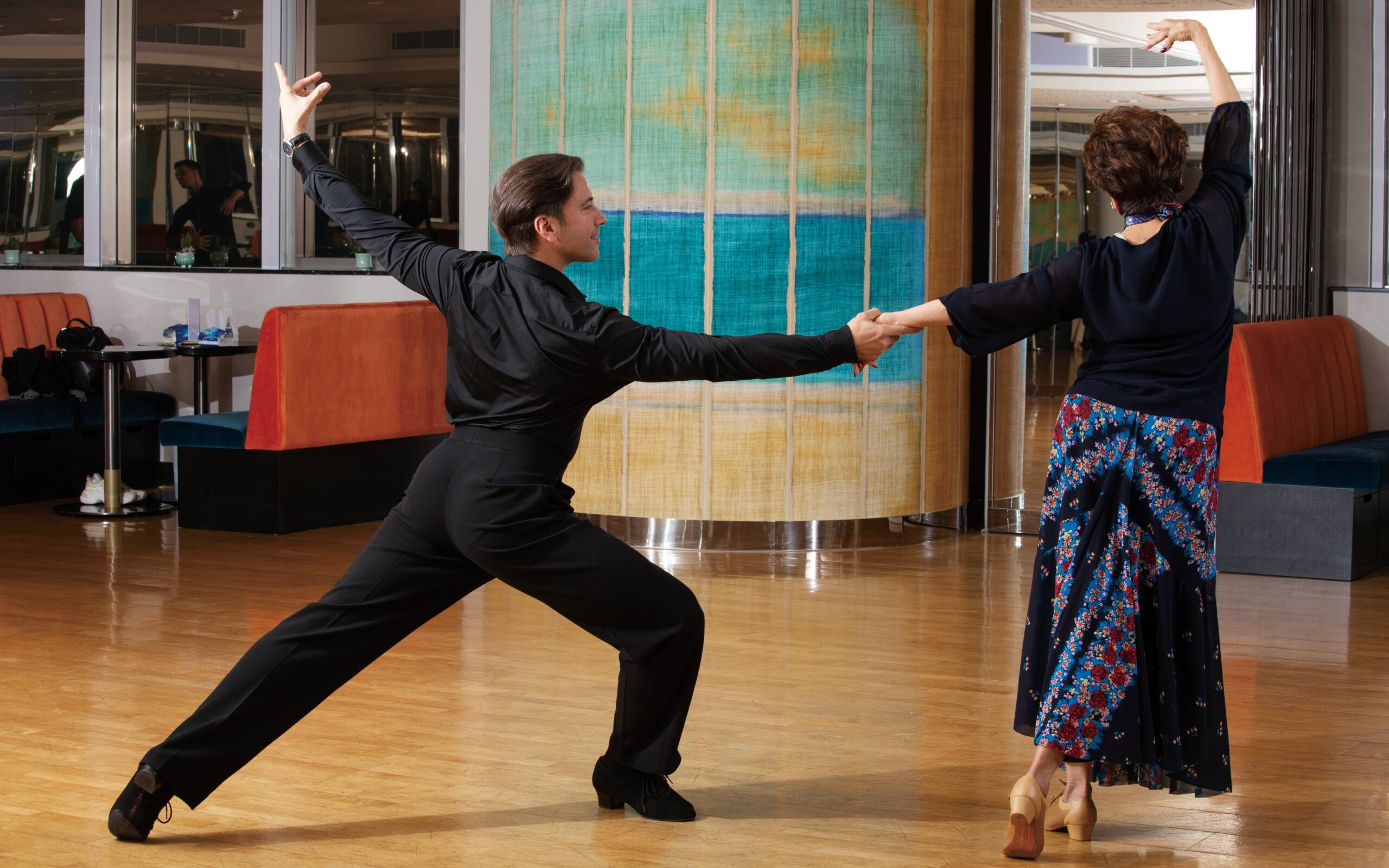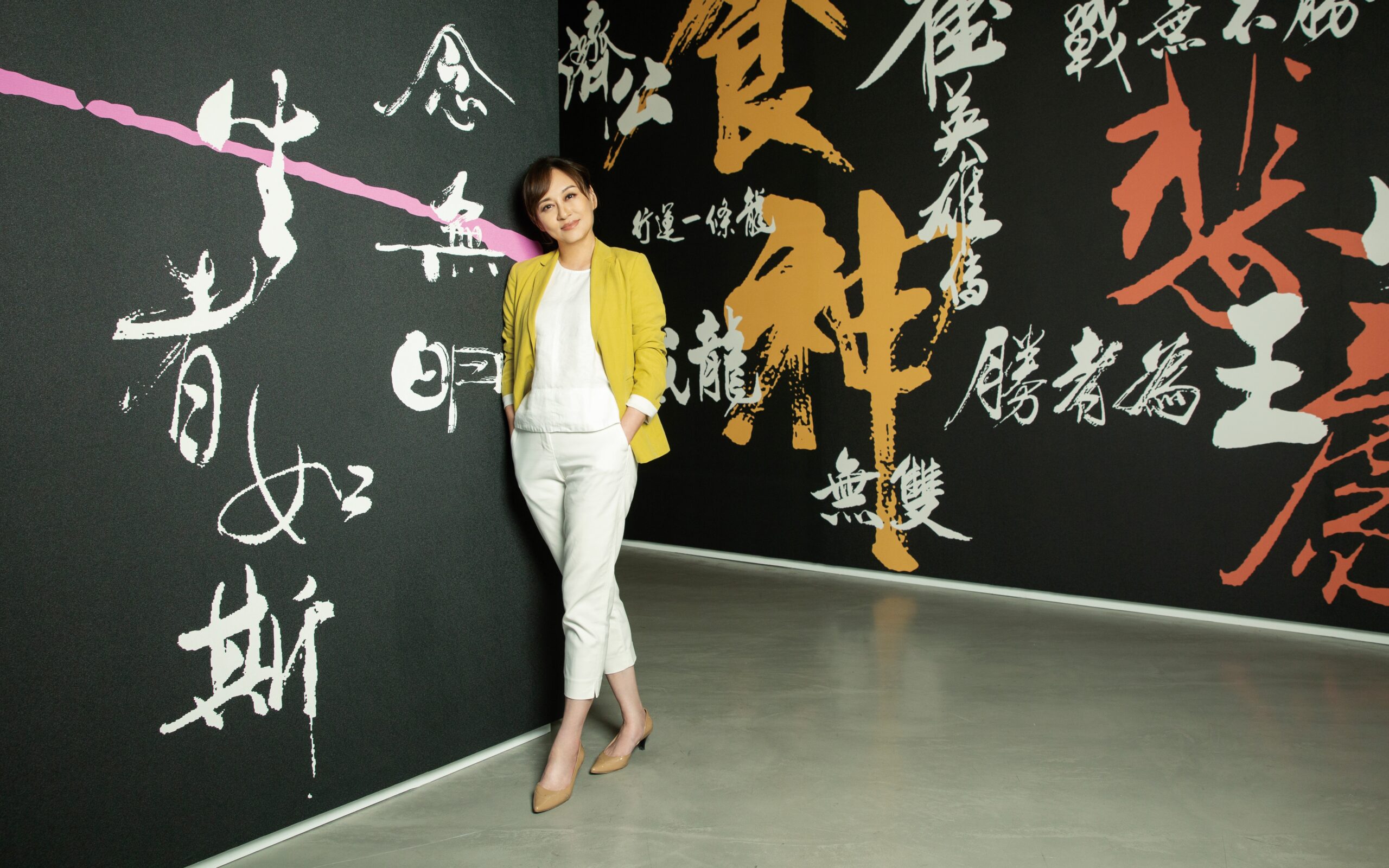Yve Chan is a man with a deep-rooted value system honed by growing up in a town in China filled with craftsmen who made their living from jade. These artisans painstakingly cut jade in their small workshops and then every morning at 3 am went to the local market set up by his father to sell their wares. Years later, when Chan established a jewellery business in Hong Kong, he named it Dawn Jewellery in tribute to his father and this heritage.
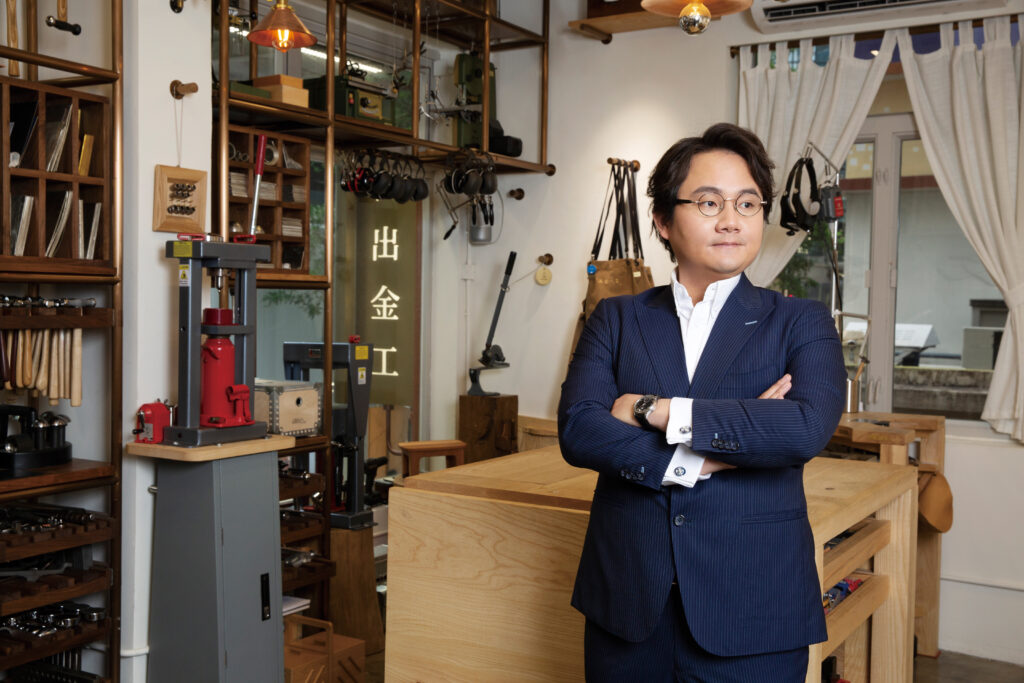
What struck him was how these craftsmen would communicate jade through the telling of traditional stories, and he knew from a young age he wanted to be involved in this industry. His early career in Hong Kong saw him working for a major US advertising agency, Leo Burnett, but his interest in craftsmanship and the desire to “realise the creativity” was too strong. He soon quit advertising and went to the UK to achieve the necessary qualifications.
Chan shone during a jewellery and silversmithing course at Birmingham City University. He received the Assay Office London Technology Award from The Goldsmiths’ Company and was a Silver Award winner at International Jewellery London’s Special Award for Fine Jewellery. He further studied at the Gemological Institute of America in Los Angeles to achieve his certificate as a gemologist.
A thoughtful man in his late 30s with a passion for his craft, Chan says these years have defined the rest of his life. Sitting in his Causeway Bay workshop and retail gallery, he flashes back to his final year in the UK when it dawned on him that he was actually quite good at his chosen craft. “At that moment I realised this is maybe my lifelong career,” he says. In another fond memory, he also notes that his time as a coxswain in a university rowing team forged his team spirit.
Following his return to Hong Kong, he gained valuable experience working in product development for a large retailer before setting up Dawn Jewellery in 2014. He originally just sold jadeite jewellery but soon gained international partners for his Tsim Sha Tsui flagship store following exhibitions at international shows. Dawn specialises in bridal jewellery, selling an array of wedding rings and exquisite pearl and diamond creations, and holds workshops in the craft.
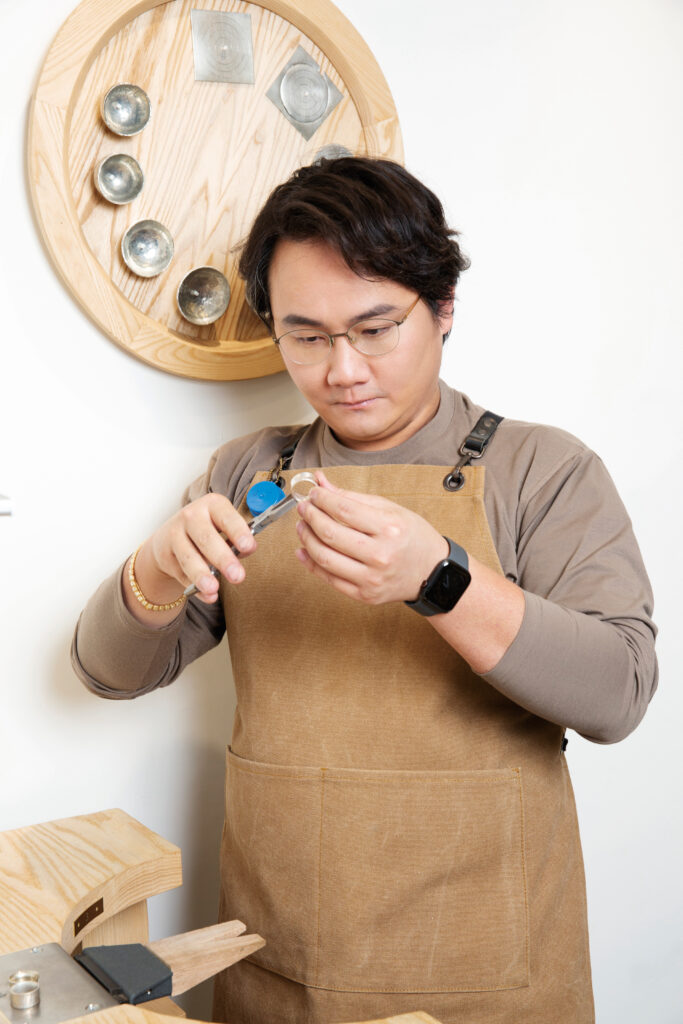
Telling international stories
Chan reveals that one of the first major partners for his platform was a famous wedding ring maker from Germany with a history spanning 150 years This had been one of his “idol” companies from his time as a student in the UK.
“I think we both realised that we share the same thoughts towards craftsmanship, towards business models, towards what is going on in the market,” he says. “We were at a good point to introduce them to Hong Kong.”
“They are very picky in choosing the retailer, because there can be a lot of very big retailers, but they are not necessarily able to talk through the philosophy of the brand. I think we are good storytellers. So, one by one I am inviting these artists to tell their stories,” says Chan, who now has more than 20 partners from across the world.
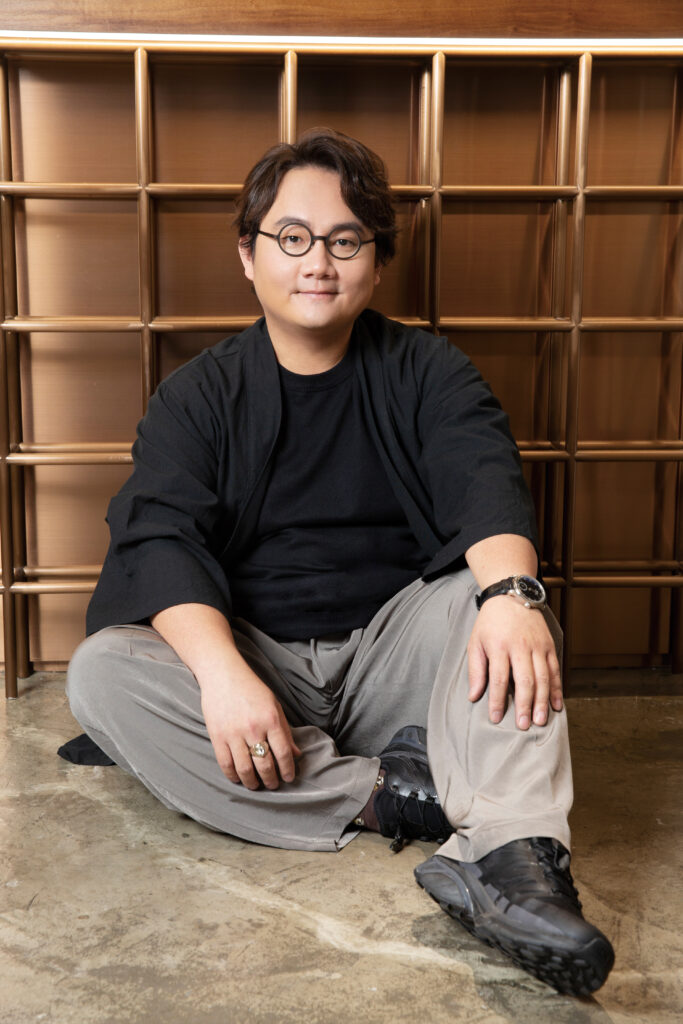
True value of craftsmanship
From the outset of Dawn Jewellery, Chan has wanted his clients to appreciate the true meaning of the products they purchase and the artisanship involved. “When we asked what sort of elements of this brand you like, I realised most of the audience could not tell me,” he says.
His desire is for customers to grasp a product’s intrinsic value; he encourages them to touch the jewellery and examine very carefully what they are looking for, stirring an appreciation of the elements added and how many hours have been spent to make such a ring.
A Japanese partner makes jewellery using traditional mokume-gane techniques that have their roots in samurai weaponry; a German partner applies machinery techniques to perfect their rings and make them stronger. “This is the value; this is the story,” he says, outlining the ethos of Dawn Jewellery. “Each of the craftsmen, when they make things, each mark left – it means something, either perfections or aesthetic judgment.”
Photographer: Jack Law Art Direction: Joseff Musa Styling: Jhoshwa Ledesma Videographer: Jack Fontanilla Hair & Make Up: Owen Ko Venue: Sunsmith workshop
Read the full interview in the May 2023 issue (pg: 100). Available on the Gafencu app on Android and Apple.



